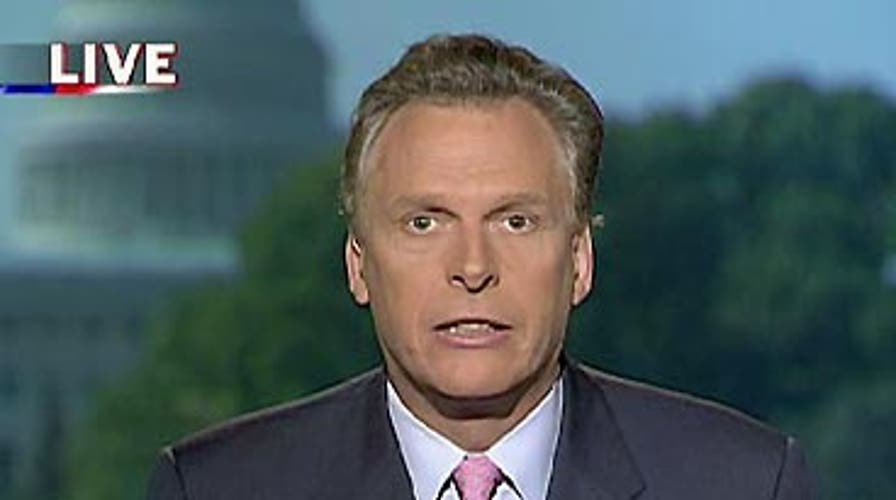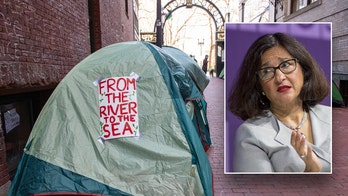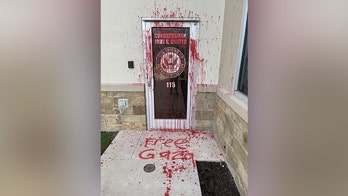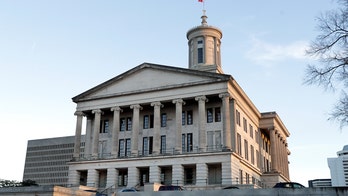Virginia Republicans are vowing a legal challenge to Democratic Gov. Terry McAuliffe's move allowing an estimated 200,000 freed felons to vote in November.
State GOP lawmakers said they have hired an attorney and intend to file a lawsuit against the governor’s April 22 executive order that will allow the felons -- including rapists and murders -- to vote, run for elected office and sit on a jury.
They argue McAuliffe overstepped his constitutional authority in a politically-motived move to help long-time friend and Democratic presidential front-runner Hillary Clinton win the swing state, if she reaches the general election.
"Gov. McAuliffe's flagrant disregard for the Constitution of Virginia ... must not go unchecked," Senate Republican Leader Thomas Norment said in a statement.
GOP presidential front-runner Donald Trump is also questioning McAuliffe’s move.
"You allow 200,000 serious criminals … to vote,” he said recently. “They're going to vote Democrat, and that throws off the balance totally.”
McAuliffe, a former Democratic National Committee chairman, said he made the decision after consulting with state Attorney General Mark Herring and other constitutional experts.
However, Norment said previous attorneys general have concluded the governor lacks the power to issue blanket restorations.
McAuliffe, whose move circumvented the GOP-led state legislature, said in announcing the change that “too often … politicians have used their authority to restrict people's ability to participate in our democracy. …Today we are reversing that disturbing trend."
The Virginia Republican Party said in the hours after McAuliffe’s announcement that such efforts are “long overdue” but that the governor went too far by including violent offenders and suggested the move was politically motivated.
“Few if any disagree that those who have paid their debts to society should be allowed full participation in that society. But there are limits,” party Chairman John Whitbeck said. “Gov. McAuliffe could easily have excluded those who have committed heinous acts of violence … His decision doesn’t speak of mercy. Rather, it speaks of political opportunism."
The Washington-based Sentencing Project estimates that nearly 6 million Americans are barred from voting because of laws disenfranchising former felons. Maine and Vermont are the only states that don't restrict the voting rights of convicted felons.
Roughly 20 states have over the past two decades purportedly attempted to ease voting restrictions on freed felons.
The governor's spokesman didn't immediately return a message Monday seeking comment.
The governor's order enables every Virginia felon to vote, run for public office, serve on a jury and become a notary public if they have completed their sentence and finished any supervised release, parole or probation requirements as of April 22.
Republicans have hired Attorney Charles J. Cooper and said they will begin examining their legal options. They didn't say when they would file the lawsuit.
Cooper worked as an assistant attorney general under President Ronald Reagan and has argued cases before the U.S. Supreme Court.
They said they will not be using taxpayer dollars to pay for the lawsuit.
Fox News’ Doug McKelway and The Associated Press contributed to this story.





